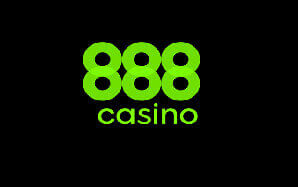How to play Caribbean Stud
Caribbean Stud Poker is a thrilling casino game that combines elements of traditional poker with the fast-paced excitement of house-banked games. Unlike Texas Hold’em or Omaha, where players compete against each other, in Caribbean Stud Poker, you face off against the dealer. This makes it a great choice for those who enjoy poker but prefer a straightforward, non-bluffing gameplay style. With the added appeal of progressive jackpots and structured payouts, it remains a popular choice in both land-based and online casinos.

Written by Everett Campbell - Updated 2025-02-27 - Reading time: 4 minutes.

 Canada
Canada India
India Suomi
Suomi Svenska
Svenska





